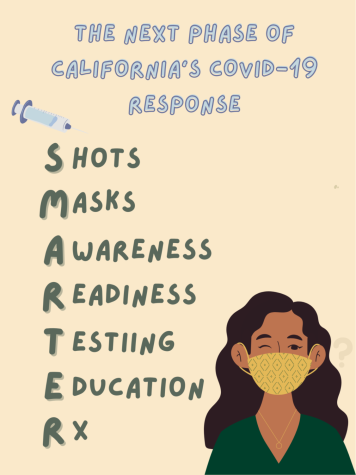Blind faith in authority/mob mentality
Picture this: Your friends are all getting new cars. Although you do not have any problems with your current one, you still beg your parents to buy you one. You did this out of fear of being the “odd one out.” This is just one example of mob mentality.
Mob mentality, or also known as herd mentality, is the way people’s decisions are influenced by their peers. The peer pressure and innate desire to belong causes individuals to shift away from their independent thoughts, instead deciding to fall in line with and automatically support a popular opinion. This mob mentality effect has been well seen and documented throughout history. A crucial and historic example is the Salem Witch Trials, which was an event that involved people pointing fingers at women in Salem and accusing them of being ‘witches’ if they were acting different. This led to many deaths of women, stemming from the people’s fear of witches existing around them. Evidently, his mentality leads to harmful blind faith in authorities as well as extremist beliefs.
A critical example of this is the insurrection of our nation’s Capitol on January 6, 2021. Present Donald Trump’s dedicated followers decided to lead an insurrection at the Capitol by climbing walls, breaking down doors and windows and even defecating in individuals’ offices and items. Although President Trump denied allegations of encouraging the riot, he has been recorded in a speech occurring hours before the insurrection took place, saying things like “we’ll march down [to the Capitol] and cheer.” This is the epitome of mob mentality and blind faith: encouraged by the faith in what Trump said and influenced by the huge crowd of people, the insurrection became a catastrophe, which ended up being worse than a historical event. Again, the perpetrator is the influence the Trump supporters had on one another
This kind of behavior not only exists today, but in everyone’s daily lives. From blindly agreeing with popular beliefs and statements around you to wanting to fit in with your friends, we all face pressures to follow blindly with the people around us without questioning it.
Another example is our faith in the authority figures around us, including parents, teachentss, bosses and more. We as youth are taught to believe and obey those who are elder to us. Oftentimes, however, it is for the better as they are meant to guide us and to create a more stable environment. However, believing everything the older figures in your lives can also lead to dangerous situations. From sexual harassment to adduction, some adults however can also pose as a threat to safety if we aren’t careful. Blind faith in our “trusted adults” is necessary to learn from and receive support, but only until a certain extent before it becomes dangerous.
An important reminder to all of us is to remember that we all are entitled to thinking for ourselves and that it is okay to break free from the “popular opinion,” even if you may be “left out.” Sometimes the majority does not rule — thoughtful and rational thinking does.












